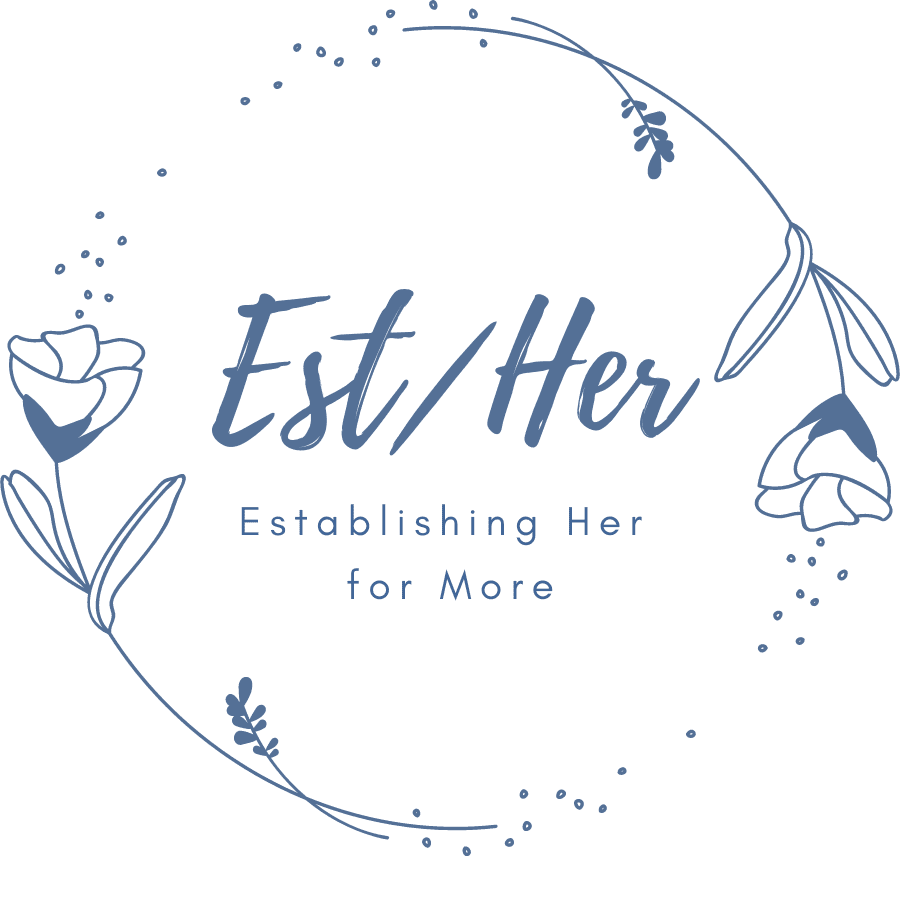Anti-Trafficking
“You may choose to look the other way but you can never say again that you did not know.”
~ William Wilberforce
There is a strengthening heartbeat to help women caught in sex trafficking. The trauma endured by survivors, along with addictions and PTSD, needs solid opportunity for healing and restoration. Many women have never experienced unconditional love or have been shown what a loving family looks like. We believe God’s heart is for them to experience redemption, worth, and freedom.
The Issue
What is human trafficking? Human trafficking occurs when someone is in a situation they can’t get out of in which they are being exploited for sex or labor.
- It is the fastest-growing criminal industry in the world, generating an estimated $150 billion dollars annually for traffickers.
- The International Labour Organization estimates there are 3 million people living in modern slavery at any given time in 2016.
- Survivors can be both male and female.
Volunteering in the field of aftercare, either as a mentor or in another capacity, can be very rewarding as you build a relationship with people and see them begin to heal and recover. It can also be immensely challenging. Survivors of trafficking experience such high levels of trauma that they often require significant, ongoing treatment for recovery.
A survivor may no longer have access to food or shelter. She must find a job, which may require vocational or educational training and sometimes, with the burden of a criminal record. Traffickers may have forced, tricked, or threatened her to commit other crimes and so she may also have a criminal record. Her past trauma may leave a victim feeling emotionally and psychologically distraught. She may have a substance use disorder, which she developed to cope with the realities of her exploitation and abuse. Returning to the commercial sex industry may seem more appealing than the fight for freedom.
Often, without appropriate care, survivors may actually return to their traffickers.
The Solution
A full restoration program is essential for these women to have a true chance to heal. Esther International has been working to create a sustainable survivor-centered model that will include trauma-informed counseling, group therapy, mentoring, employment and vocational training, health and medical assistance.
The program is by choice, and while we know that some may choose to go back, we can hopefully make an impact in their time with us. Many victims of trafficking have lived years unable to make their own choices. From where their money goes to who they are allowed to talk to, the term slavery is often used to describe their experience.
Esther wants to provide a home that has careful boundaries, but one that allows choices, including whether they want to stay or go. Our hope is that they would be open to the restoration being offered and desire to continue through the sometimes-painful process of healing.
Even though trafficking and slavery started before our time, it is in more recent years that it has been truly addressed. Many simply do not recognize the realities of trafficking, that are not just happening overseas, but in our own neighborhoods.
How can we be advocates in our own social circles? Est/Her would love to help educate our community about trafficking. Through this education, advocates emerge The more who know, the more who can respond. It will take an entire community to surround the vulnerable and offer them hope and restoration.
What is sex trafficking?
Sex trafficking is the commercial sale of sex for something of value. By legal definition, someone is considered a victim of sex trafficking if they were forced, tricked, or threatened to perform the commercial sexual act. In NC, you any commercial sex act is considered human trafficking if the victim is a minor.
According to the Human Trafficking Hotline, sex trafficking is “the recruitment, harboring, transportation, provision, or obtaining of a person for a commercial sex act induced by force, fraud, or coercion, OR in which person induced to perform such an act has not obtained 18 years of age.”
How are victims lured?
- Tricked through a romantic relationship
- Tricked through promises of a job or better life
- Forced drug addiction
- Blackmailed or threatened
- Exploited through a family member
- Rarely are victims kidnapped; typically, the victim has a relationship with his or her trafficker
Where are victims lured?
- Internet
- Social media
- Malls
- Dating apps
- Jails
- Neighborhoods
- Shelters
- Schools
Potential signs of sex trafficking
- Appears malnourished, abused, or has unexplained injuries
- May have multiple hotel room keys or cell phones
- Wears expensive clothing or accessories that were “gifts”
- Talks about making a lot of quick money but can’t explain how
- Has money but cannot spend it and/or has no personal bank account
- Cannot make or keep personal medical appointments, etc.
- Multiple or repeated sexually transmitted infections or pregnancies
- Does not know their medical history
- Accompanied by someone significantly older who seems to control the person’s interactions with others
- Tattooed with suspect’s name or symbol of $, crowns, or “daddy”
Human Trafficking in North Carolina
According to International Justice Mission, more than 40 million people (a quarter of them children) are in slavery globally, and it’s a $150 billion industry. According to the Human Trafficking Hotline, NC consistently ranks in the top 10 for reports of human trafficking.
North Carolina has great interstate systems so we can ship people to NYC, Atlanta and to the coast easily which adds to our human trafficking problems. But that doesn’t mean a person must be transported to be considered a victim. Some people are trafficked right out of their homes and their traffickers may even be family members. Other victims, such as those caught in the illicit massage industry in NC (typically foreign nationals), are lured with false promises and then sent through a network of brothels throughout the country that use massage businesses as fronts; victims may get rotated to a new business every 2-6 weeks.
However, victims are not just foreign-born. We have a large number of vulnerable US citizens who are at an increased risk for victimization. Traffickers prey on vulnerabilities whether that is homelessness, poverty, family conflict, legal status, substance use, or prior victimization. Victims come from all races, socioeconomic statuses, legal status, and genders! (source: www.shieldnc.org)


